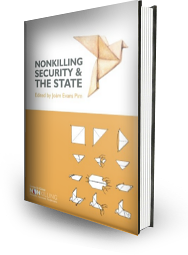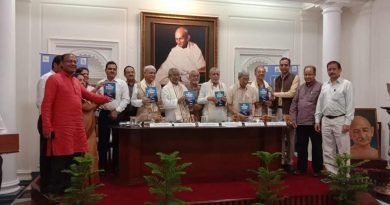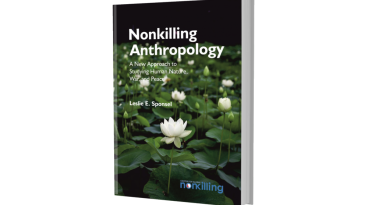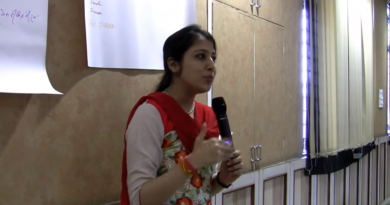New Book: “Nonkilling Security and the State”
The Center for Global Nonkilling has just released its latest book Nonkilling Security and the State, which includes a selection of sixteen chapters prepared mostly by members of its Nonkilling Security and International Relations Research Committee and its Nonkilling Political Science Research Committee. The volume, edited by CGNK Director Joám Evans Pim, has a Foreword by Stephen M. Younger, Former Head of Nuclear Weapons Research and Development, and an Introduction by Chaiwat Satha-Anand. A PDF version can be downloaded for free from CGNK’s website and paperback copies can be ordered at $16 from Create Space.com or Amazon.com.
The 426 page volume is also a homage to Robert Muller (1923-2010), former UN Assistant-Secretary-General, Chancellor Emeritus of the UN-mandated University for Peace and Honorary Sponsor of the CGNK. His 1982 essay “The Right Not to Kill” serves as an Epilogue. Other contents include:
- Teaching Nonkilling to the States, by Chaiwat Satha-Anand
- Changing the Power Paradigm, by Ralph Summy
- Nonkilling Society as a Lighthouse Narrative, by Piki Ish-Shalom
- Nonkilling Institution Building, by Balwant Bhaneja
- To Give Life: Possibilities for a Nonkilling Military, by Gene Keyes
- Nonmilitarisation and Countries without Armies, by Christophe Barbey
- Security without Deadly Violence, by Benjamin A. Peters
- The Role of UCAV, PGM, Nonlethal Weaponry and Cyber Policing, by Klaus Schlichtmann
- Nonlethal Technology in International Security, by Andrew Greig
- Nuclear Weapons and A Nonkilling World, by David Krieger
- Reverence for Life and Reverence for Death, by Predrag Cicovacki and YaHui Luo
- Privilege, Torture and Nonkilling, by Richard Matthews
- Diplomacy in the Service of Nonkilling Objectives, by Ali Abootalebi and S. Hill
- Islam and the West, Deanna Iribarnegaray and Bert Jenkins
- Nonkilling Approaches to the Politics of Self-Determination, by Desiderio Fernández
- Political Killings and Violent Conflicts in Nigeria, by Fidelis Allen
- Political Conscience for Future Generations, by Maorong Jiang
The following note, from Robert Muller’s Epilogue, summarizes the concept behind the book: “The time has come to start anew history in this respect. We must establish reverence for life as the cornerstone of civilization: reverence for life not only by individuals, but also by institutions, foremost among them nations. Institutions were created originally for the good and survival of the people. This is their main justification and merit. They have no right to kill or to develop and stockpile incredible arsenals of weapons meant to kill millions of people, possibly all humanity. And the same nations come to the UN and dare to speak about human rights! Do these include the right to life and the right not to kill? Perhaps if we approach the question of disarmament from the fundamental principle of reverence for life, we might achieve better progress.”




